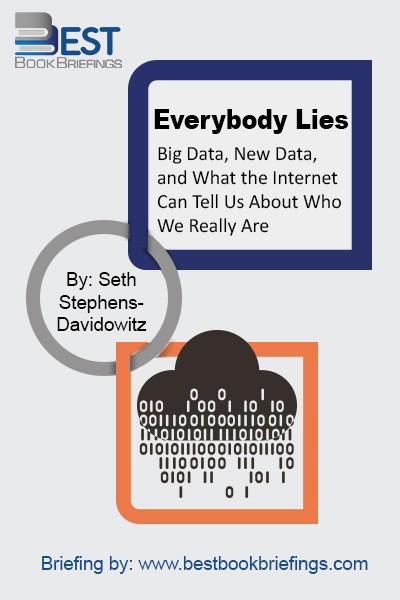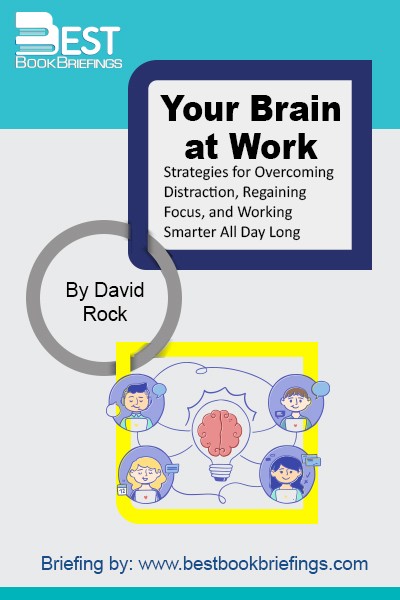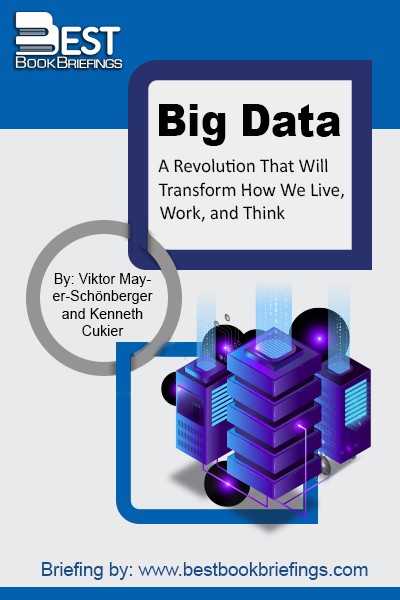Big Data
A Revolution That Will Transform How We Live, Work, and Think
Number of pages: 242
Publisher: Houghton Mifflin Harcourt
BBB Library: Technology and Globalization
ISBN: 9780544002692
Editorial Review
“Big data” refers to our burgeoning ability to crunch vast collections of information, analyze it instantly, and draw sometimes profoundly surprising conclusions from it. This emerging science can translate myriad phenomena—from the price of airline tickets to the text of millions of books—into searchable form and uses our increasing computing power to unearth epiphanies that we could never have seen before. A revolution on par with the Internet or perhaps even the printing press, big data will change the way we think about business, health, politics, education, and innovation in the years to come. It also poses fresh threats, from the inevitable end of privacy as we know it to the prospect of being penalized for things we haven’t even done yet, based on big data’s ability to predict our future behavior. In this brilliantly clear, often surprising work, two leading experts explain what big data is, how it will change our lives, and what we can do to protect ourselves from its hazards. Big Data is the first big book about the next big thing.
Book Reviews
Books on Related Topics

In 2006, co-authors Robert Scoble and Shel Israel wrote Naked Conversations, a book that persuaded businesses to embrace what we now call social media. Six years later they have teamed up again to report that social media is but one of five converging forces that promise to change virtually every aspect

Everybody Lies offers fascinating, surprising, and sometimes laugh-out-loud insights into everything from economics to ethics to sports to race, gender and more, all drawn from the world of big data. What percentage of white voters didn’t vote for Barack Obama because he’s black? Does where you go to school affect how

Are You Fully Charged? reveals the keys that matter most for our daily well-being, as well as our engagement in our work. Drawing on the latest and most practical research from business, psychology, and economics. This book focuses on changes we can make to create better days for ourselves and others.

No matter what you do and what you aim for, you can always improve your performance, be more focused and productive, stay cool under pressure, reduce the length of meetings, and tackle the hardest challenge of all: influencing other people. You can also be a better parent and partner, perhaps even

With lively, entertaining chapters on everything from the kitchen junk drawer to health care to executive office workflow, Levitin reveals how new research into the cognitive neuroscience of attention and memory can be applied to the challenges of our daily lives. The Organized Mind shows how to navigate the churning flood



